The best show on Apple TV Plus you’re not watching (but should be)
You'll want to check out this genre-crossing show.
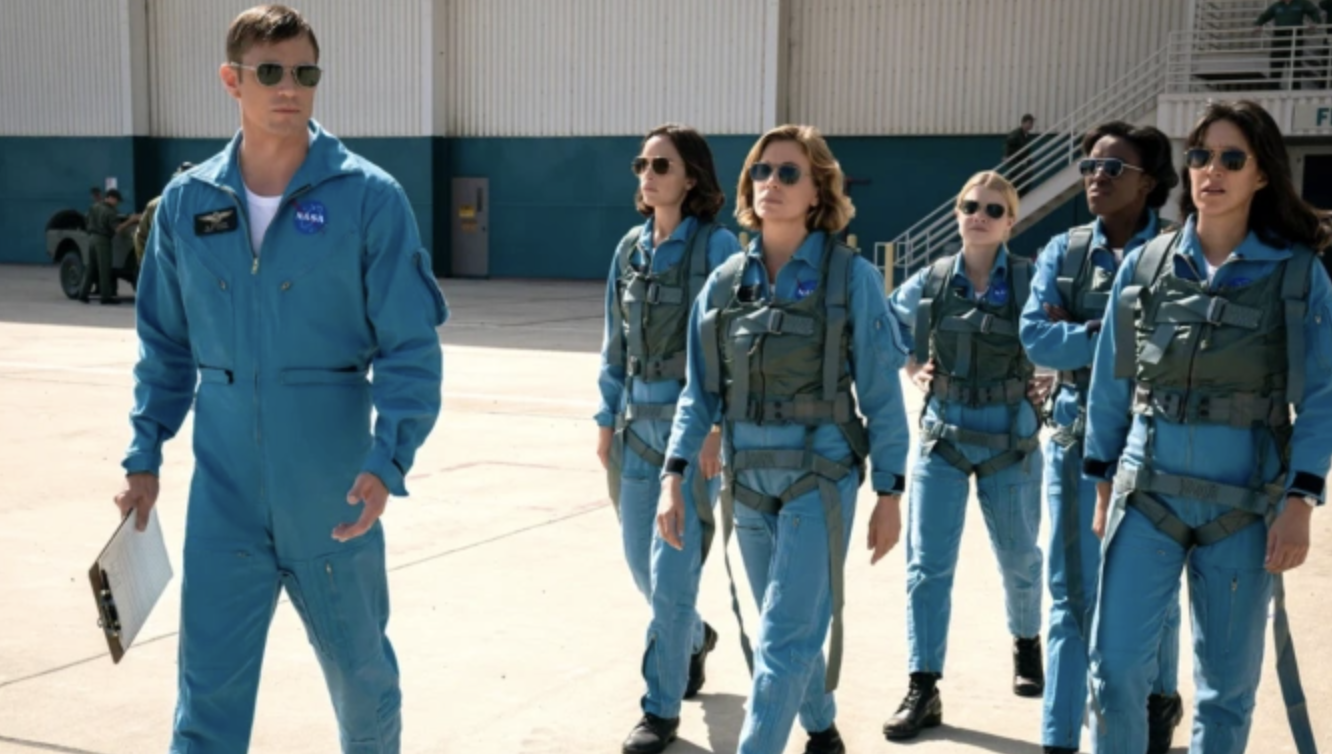
iMore offers spot-on advice and guidance from our team of experts, with decades of Apple device experience to lean on. Learn more with iMore!
You are now subscribed
Your newsletter sign-up was successful
Regardless of what sort of TV genre you prefer, For All Mankind should be on your list of shows to check out. While some people initially dismissed it as some “boring show about the space race,” it’s so much more than that. It crosses over several genres for thrilling and sometimes heart-wrenching television.
With the Emmy awards approaching and Apple TV+ shows hitting their stride (and awards' attention with the likes of Severance), here's why this alternate-history thriller should be at the top of your next binge-viewing TV pile.
The show’s premise seems straightforward...
The show starts in 1969, as the first man is about to set foot on the moon. At first glance, it’s historical fiction about American astronauts.
We think we know exactly how that’s going to play out: On July 20, 1969, American astronauts Neil Armstrong and Edwin “Buzz” Aldrin were the first and second humans, respectively, to set foot on the moon. Even if we’re too young to remember that moment in history, we’ve read the history books, we’ve seen the footage, and we’ve seen movies and TV shows about it. We all know Neil Armstrong’s famous quote which almost certainly inspired the show’s name: “That's one small step for man, one giant leap for mankind.”
...but there’s a twist
However, throughout the first episode of For All Mankind, something feels off. There’s an unexpected, unexplained tension. Rather than the expectation and excitement you’d expect to see on people’s faces across America, you see what appears to be a grim resignation. Something’s not right.
We’re getting the feeling that something is going to happen quite differently on this show from what actually happened in 1969. The end of the first episode reveals that first twist, and For All Mankind diverges from our reality in more and more ways as the show progresses. The first season takes place in the 1970s, the second season is the 1980s, and the third season brings us up to the 1990s — but not quite in the same way you'd expect to see the history of those decades re-enacted.
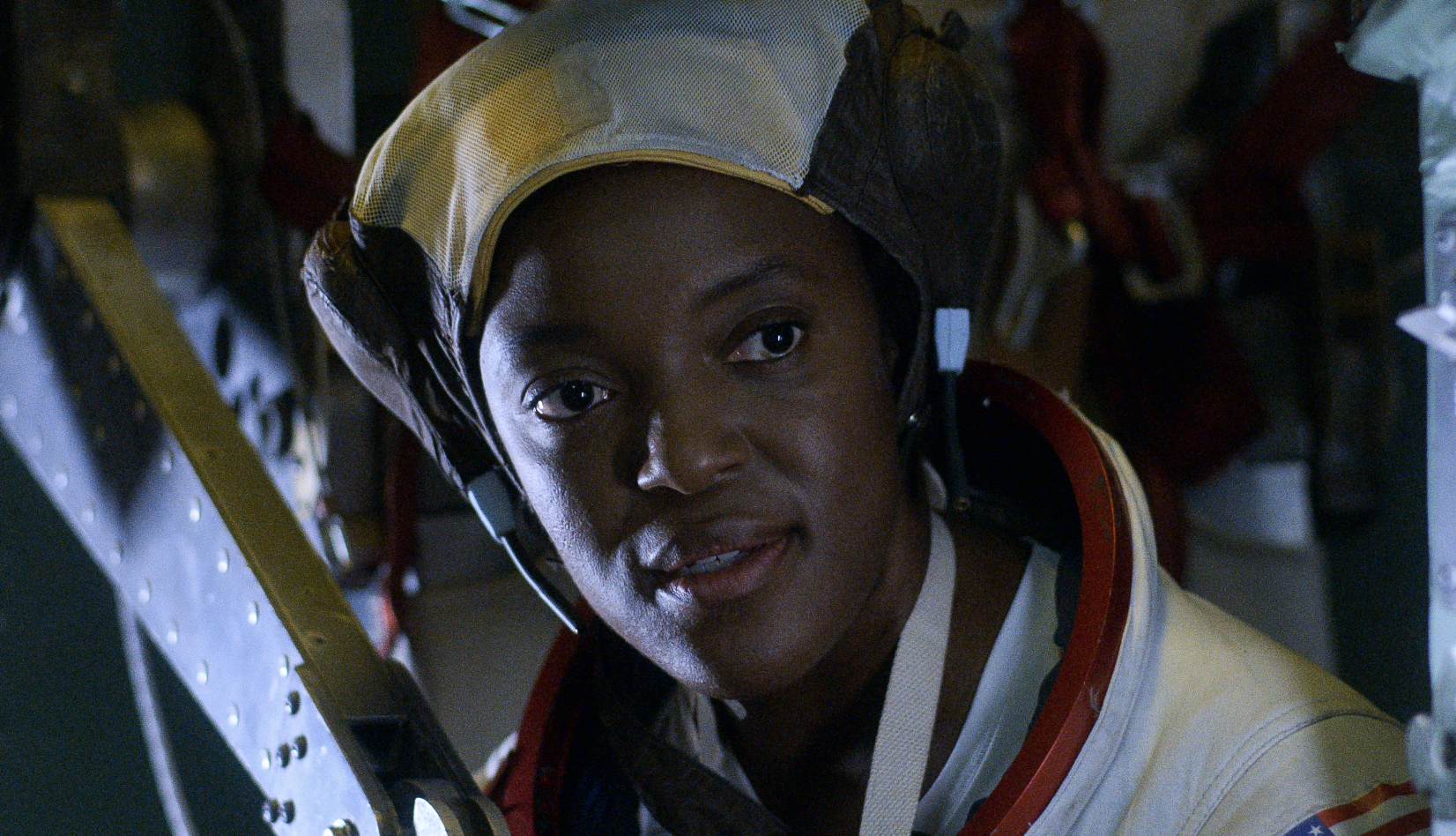
For All Mankind borrows from several genres
For All Mankind isn't actually historical fiction like it seems at first. Much of what happens on the show is historically accurate, but it’s actually an alternate history show, a "What if?" exercise that plays with the potential repercussions of a different outcome to that critical space-race burst of the early Apollo era.
It’s also science fiction; much of the show takes place in space, which brings plenty of action, suspense, and adventure. You could also call it a workplace drama, that workplace being NASA. All of the office politics you’d expect on an office show make their appearance on For All Mankind. It’s also just a human drama. We see marriages and friendships change. Some relationships grow and deepen, while others wither away and implode. It’s more Mad Men in space than a typical sci-fi show.
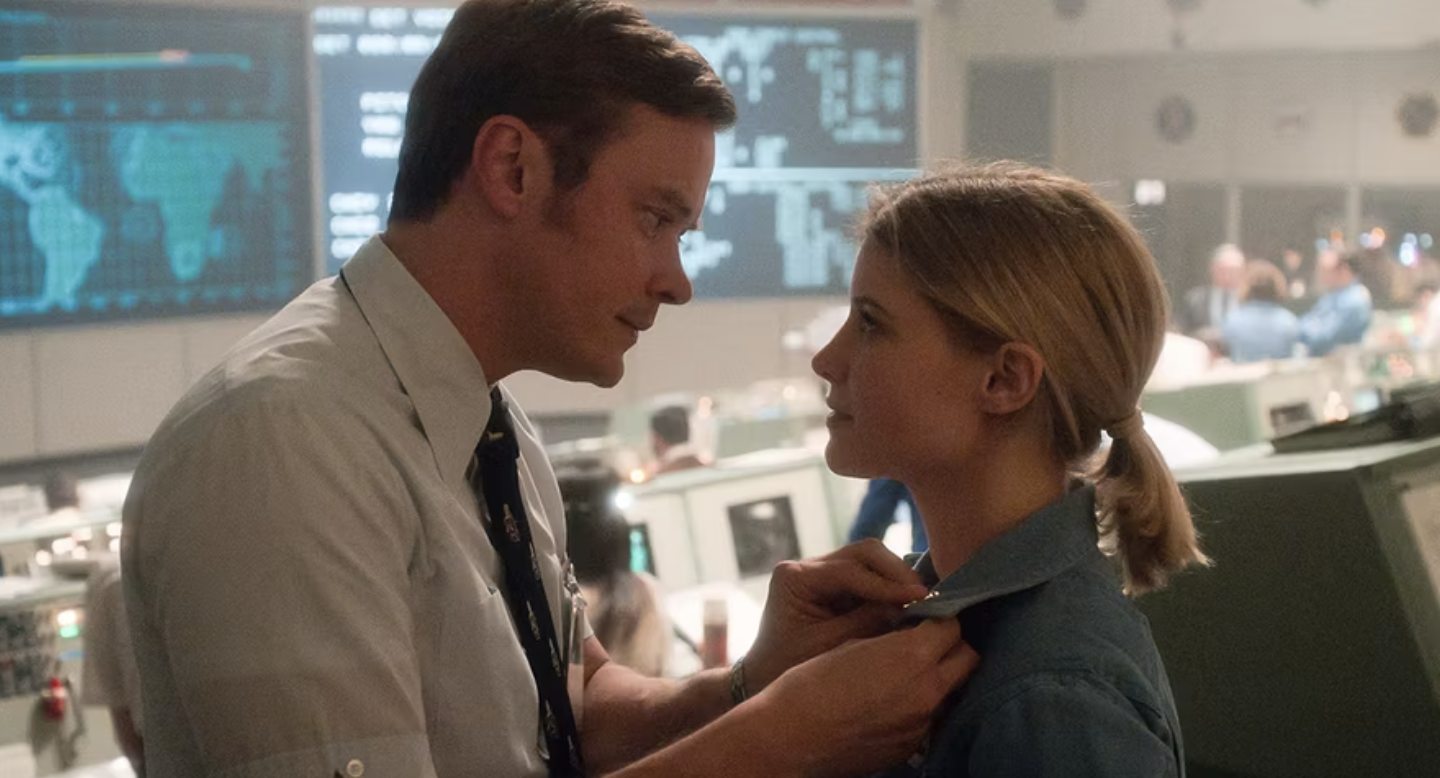
It passes the Bechdel Test
I choose my television shows carefully, though I’ll watch shows from just about any genre as long as they are well-written, well-acted, and compelling. I do have a strong preference for shows that pass the Bechdel Test.
Merriam-Webster Dictionary defines the Bechdel Test as “a set of criteria used as a test to evaluate a work of fiction (such as a film) on the basis of its inclusion and representation of female characters. The usual criteria of the Bechdel Test are (1) that at least two women are featured, (2) that these women talk to each other, and (3) that they discuss something other than a man.”
It’s such a low bar that at this point there is no excuse for any show not to pass this. For All Mankind is all of these things and more. I will say, give For All Mankind a three-episode try before you decide whether or not the show is for you. The third episode is where the women become an integral part of the show.
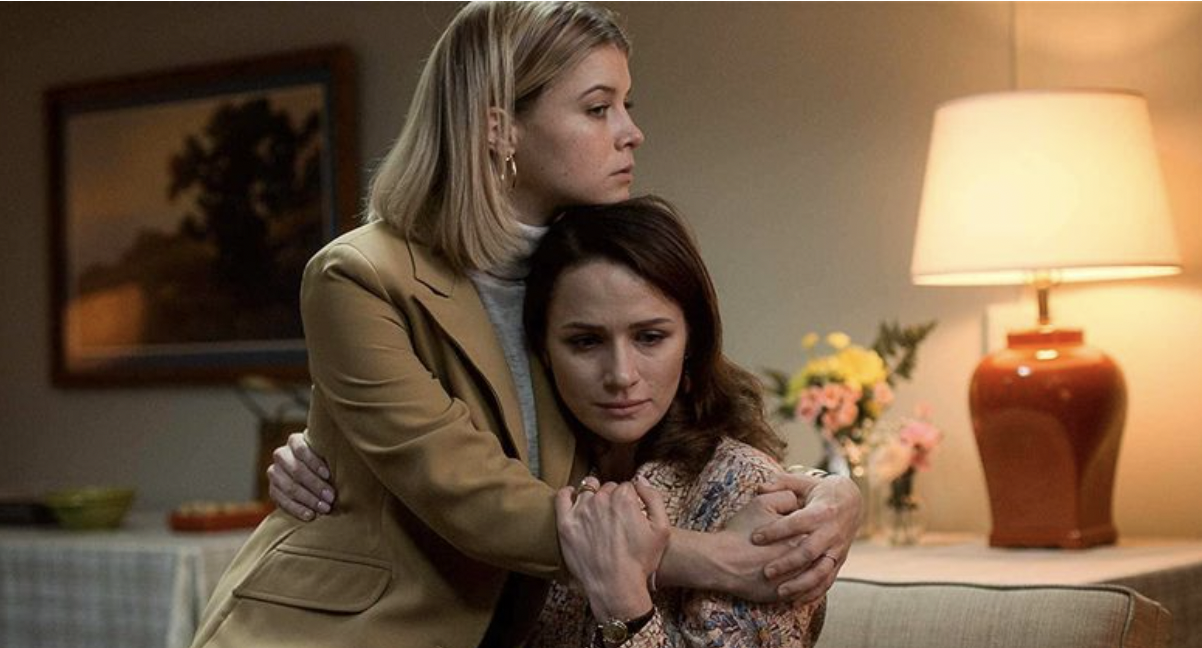
What makes the show special
The visual effects on For All Mankind are amazing. When they are in space, floating around in zero gravity, or on the surface of the moon, you believe they’re really there. The hair, makeup, and costumes are period-accurate. The soundtrack ramps up the drama.
But most of all, what I love about For All Mankind is that it’s superbly written and the actors are incredible. The characters are very human, and far from perfect, but the they draw you into their stories. Rather than the same old trite tales, For All Mankind has unique storylines. You never know what’s going to happen next.
iMore offers spot-on advice and guidance from our team of experts, with decades of Apple device experience to lean on. Learn more with iMore!
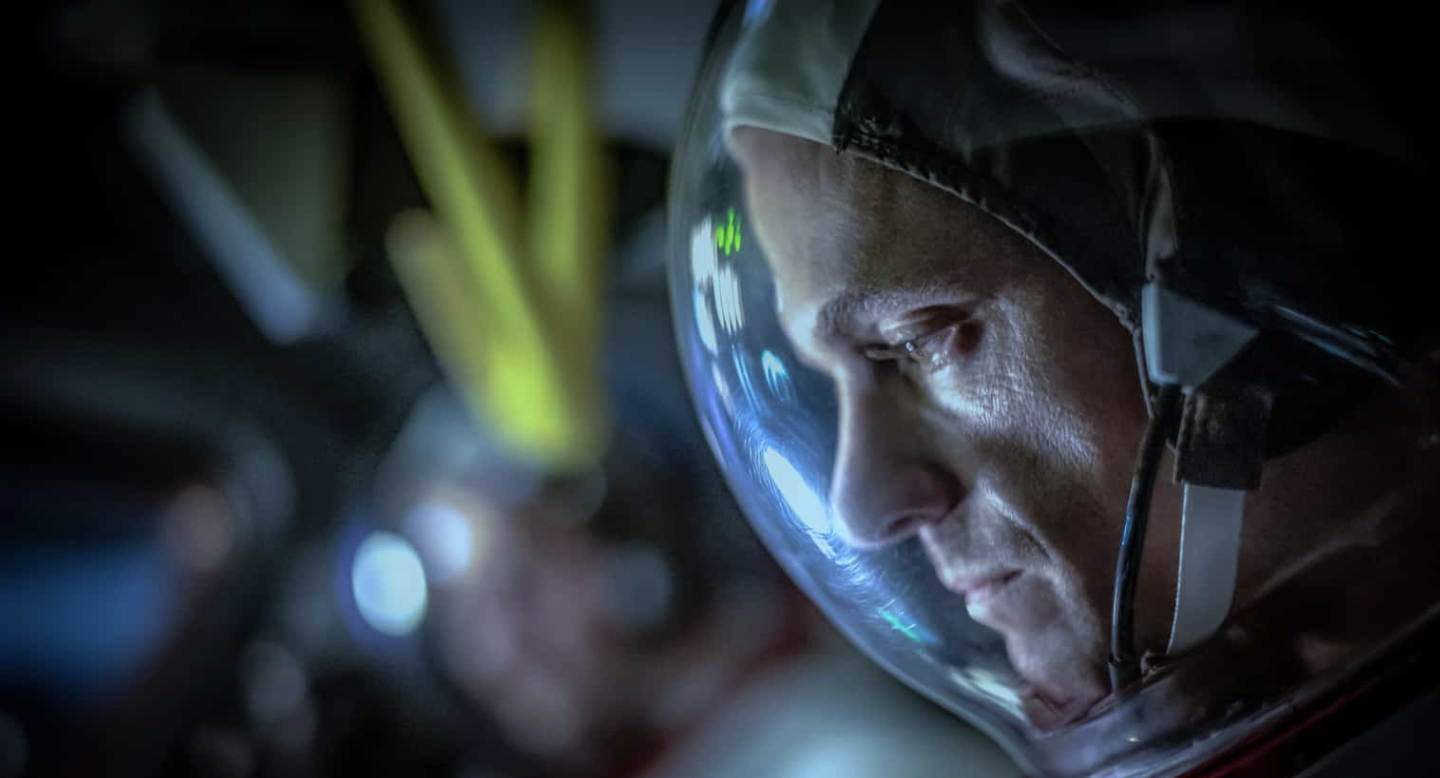
For All Mankind deals with many serious issues, such as death and loss, as you’d expect from any drama. It delves into the struggles of women, people of color, immigrants, and LGBTQ+ folks, just as you might expect from a period piece covering the 1970s through the 1990s (so far, at least — at the time of writing there are still episodes yet to play out in this 1990s time period).
There are important moments of humor and levity that keep the show from getting overly dark, too. The whole thing feels like a grand adventure, and I’m often on the edge of my seat waiting to see what happens next. I think For All Mankind is one of the best, if not the best, Apple TV+ series.
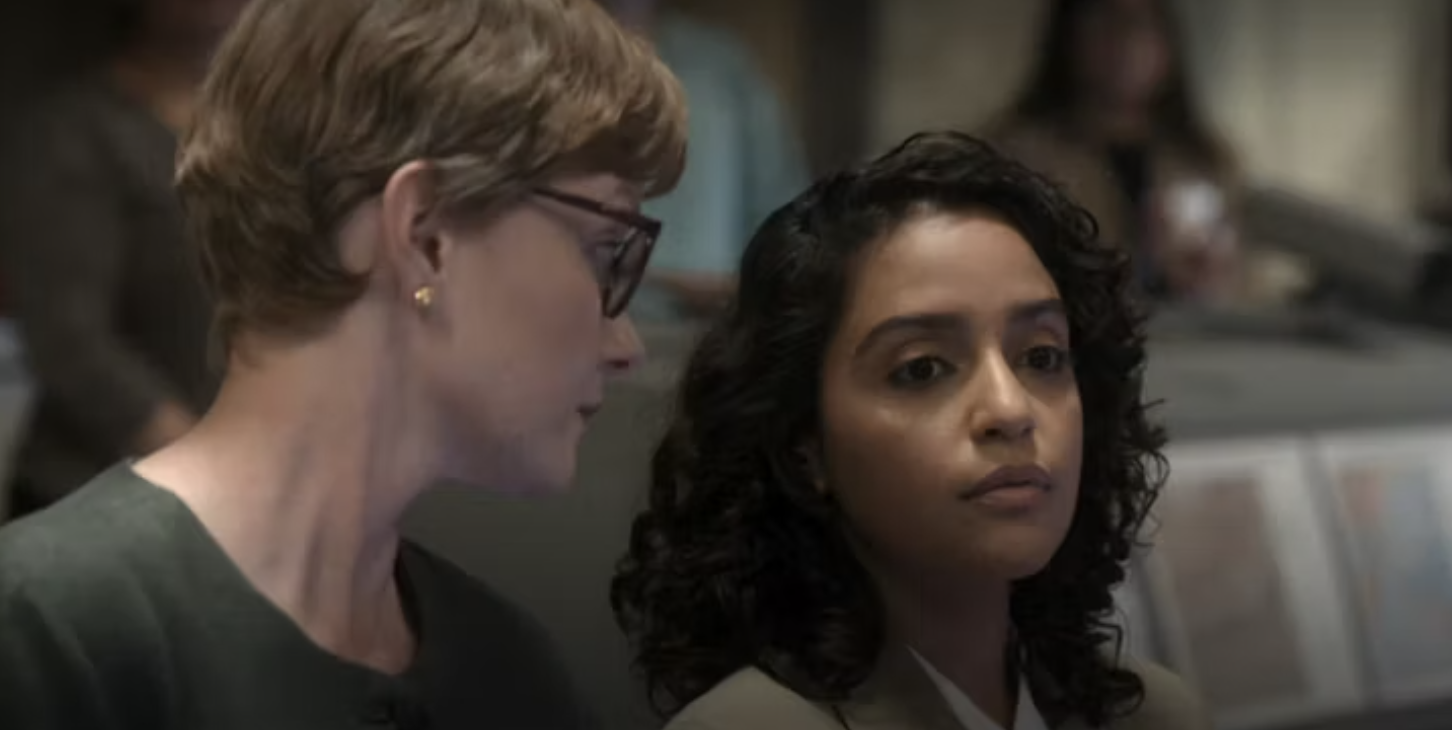
There’s no time like the present
If you haven’t seen For All Mankind, now is a good time to jump in. We’re at the end of the third season, and Apple TV+ has renewed it for a fourth season. I’d like to see the show come up to modern times, or perhaps even beyond. Wherever For All Mankind goes, I’m going to be right there with it, watching until the very end of the series.
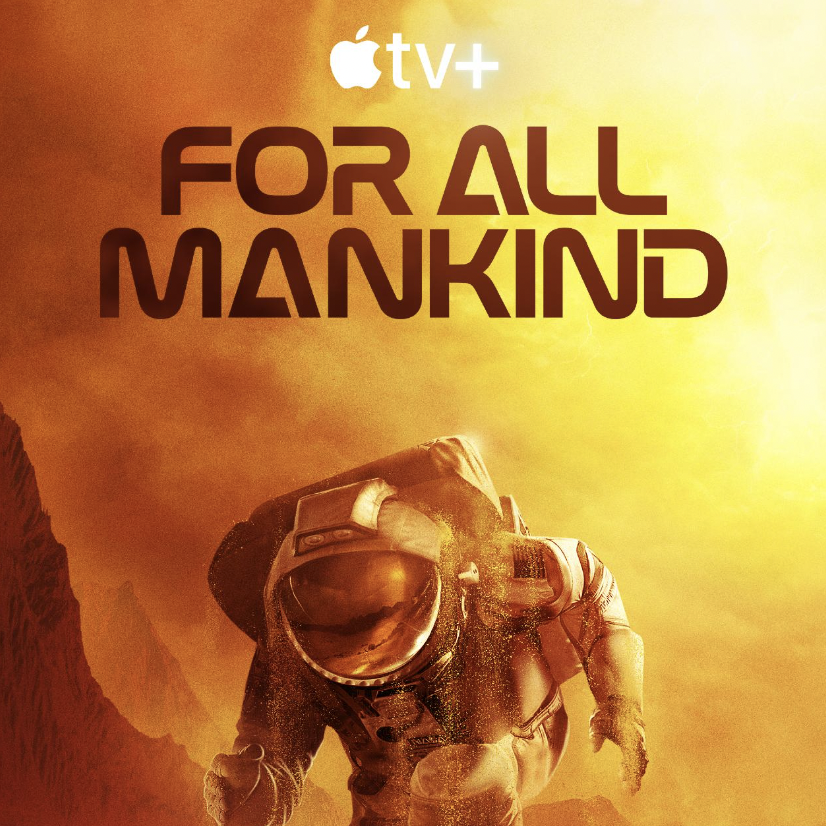
Genre-bending fun
Stream For All Mankind only on Apple TV+. You'll get a three-month trial subscription with the purchase of an Apple device; after that, it's $4.99 per month.

Karen is a contributor to iMore.com as a writer and co-host of the iMore Show. She’s been writing about Apple since 2010 with a year-long break to work at an Apple Store as a product specialist. She's also a contributor at TechRadar and Tom's Guide. Before joining iMore in 2018, Karen wrote for Macworld, CNET, AppAdvice, and WatchAware. She’s an early adopter who used to wait in long lines on release days before pre-ordering made things much easier. Karen is also a part-time teacher and occasional movie extra. She loves to spend time with her family, travel the world, and is always looking for portable tech and accessories so she can work from anywhere.
